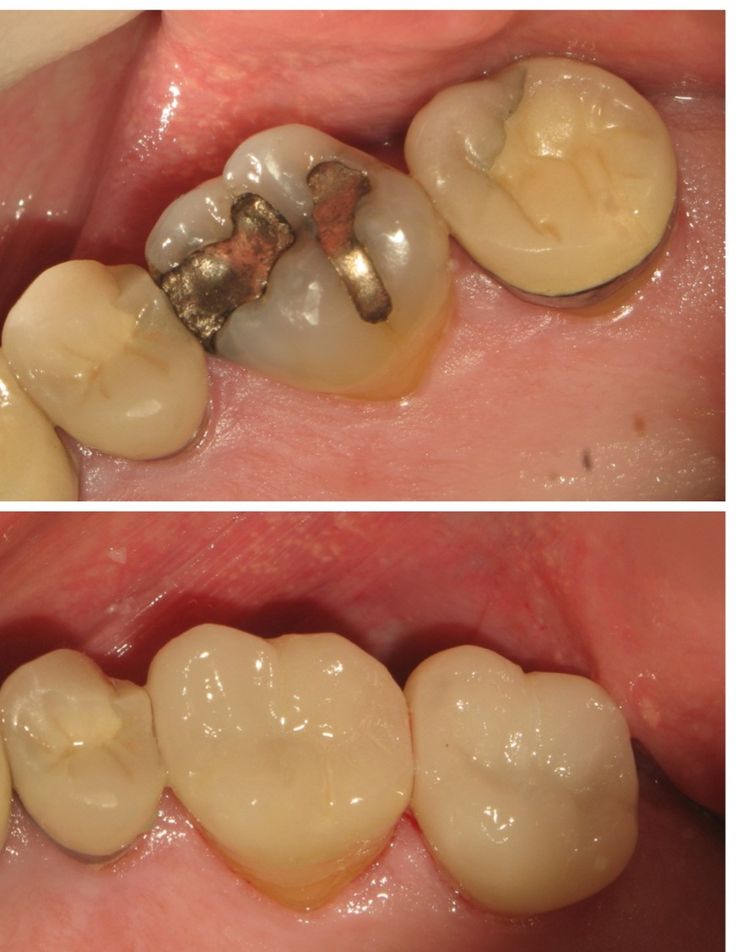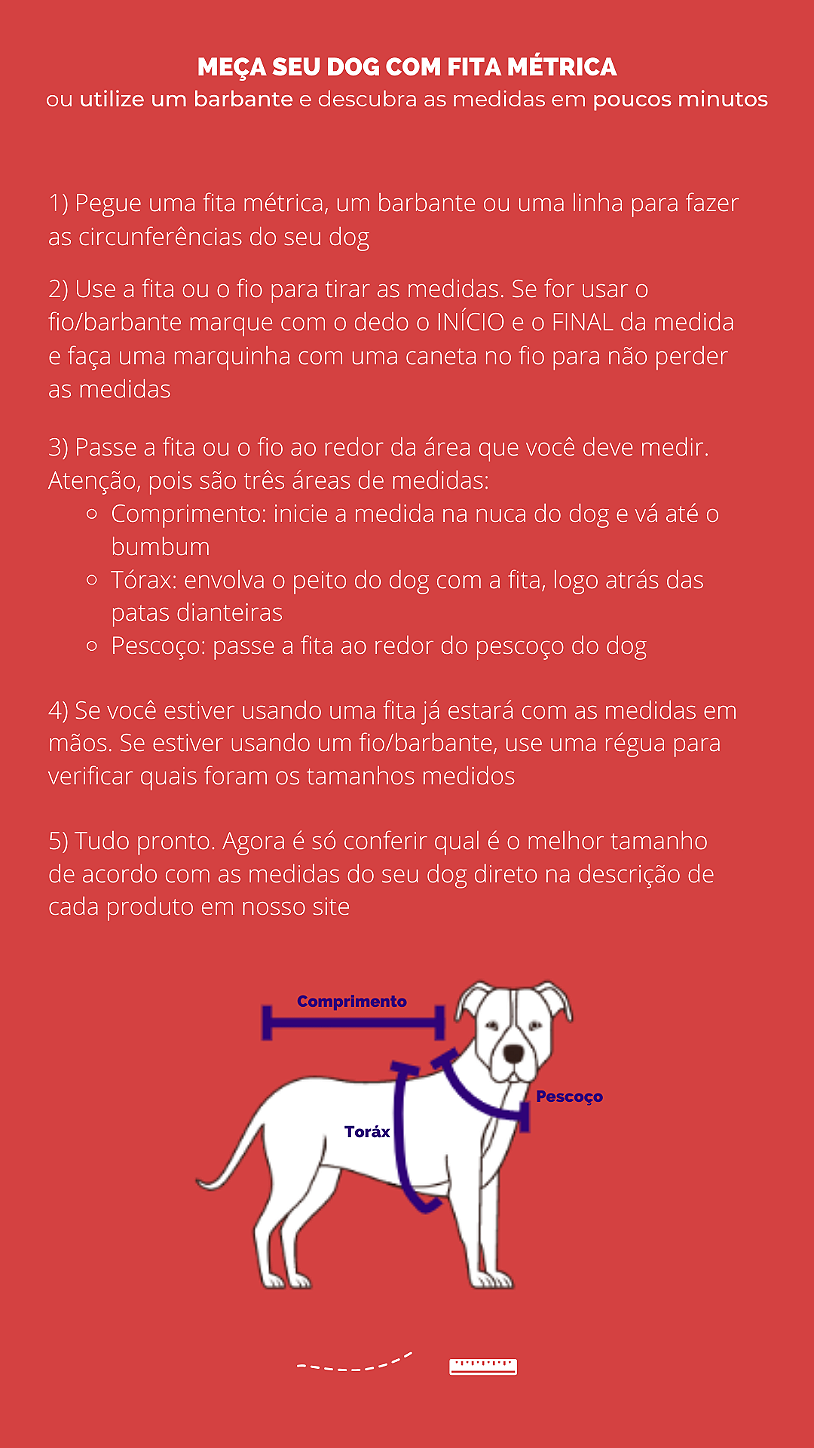How To Prevent Cavity Fillings From Falling Out? Tips Inside

Preventing cavity fillings from falling out is a crucial aspect of maintaining good oral health. Cavity fillings, also known as dental restorations, are used to repair teeth that have been damaged by decay or trauma. While fillings are designed to be durable, they can still fall out due to various reasons such as tooth decay, poor oral hygiene, or trauma. In this article, we will explore the tips and strategies to prevent cavity fillings from falling out.
Understanding the Causes of Filling Failure
Before we dive into the tips, it’s essential to understand the common causes of filling failure. These include:
- Tooth decay: Decay can progress under the filling, causing it to loosen and eventually fall out.
- Poor oral hygiene: Failure to brush and floss regularly can lead to the accumulation of plaque and bacteria, which can cause decay and filling failure.
- Trauma: A blow to the mouth or a sudden impact can dislodge a filling.
- Grinding or clenching: Excessive grinding or clenching of the teeth can put pressure on the filling, causing it to crack or fall out.
- Poor filling technique: A filling that is not properly bonded to the tooth or is not shaped correctly can increase the risk of failure.
Tips to Prevent Cavity Fillings from Falling Out
Now that we’ve explored the causes of filling failure, let’s look at some tips to prevent cavity fillings from falling out:
- Practice good oral hygiene: Brushing and flossing regularly can help prevent decay and reduce the risk of filling failure. Use a fluoride toothpaste and a soft-bristled toothbrush to clean your teeth at least twice a day.
- Visit your dentist regularly: Regular dental check-ups can help identify any potential issues with your fillings before they become major problems. Your dentist can also provide professional cleanings and fluoride treatments to help prevent decay.
- Avoid grinding or clenching: If you grind or clench your teeth, talk to your dentist about getting a mouth guard or splint to help reduce the pressure on your teeth.
- Avoid chewing hard or sticky foods: Hard or sticky foods can put pressure on your fillings and increase the risk of failure. Avoid chewing on ice, hard candy, or sticky foods like caramel or toffee.
- Use a desensitizing toothpaste: If you experience sensitivity around your fillings, use a desensitizing toothpaste to help reduce the discomfort.
- Consider a dental sealant: A dental sealant can be applied to the tooth to help prevent decay and reduce the risk of filling failure.
- Monitor your fillings: Keep an eye on your fillings and report any changes or concerns to your dentist. If you notice any cracks, chips, or looseness, schedule an appointment with your dentist right away.
Additional Strategies
In addition to the tips above, there are some additional strategies you can use to prevent cavity fillings from falling out:
- Use a fluoride mouthwash: Rinsing with a fluoride mouthwash can help strengthen your teeth and reduce the risk of decay.
- Avoid sugary or acidic foods: Sugary or acidic foods can contribute to decay and increase the risk of filling failure. Limit your consumption of these foods and drinks.
- Consider a filling replacement: If you have an old filling that is showing signs of wear, consider replacing it with a new one. Your dentist can help you determine the best course of action.
It's essential to remember that prevention is key when it comes to maintaining good oral health. By practicing good oral hygiene, visiting your dentist regularly, and avoiding habits that can put pressure on your fillings, you can help prevent cavity fillings from falling out.
FAQ Section
How often should I visit my dentist to check on my fillings?
+It's recommended to visit your dentist every 6 months for a routine check-up and cleaning. However, if you have concerns about your fillings, you should schedule an appointment with your dentist right away.
Can I use a home remedy to fix a loose filling?
+No, it's not recommended to use a home remedy to fix a loose filling. If you notice that your filling is loose, you should schedule an appointment with your dentist right away. Your dentist can assess the situation and provide the necessary treatment to fix the filling.
How long do fillings typically last?
+The lifespan of a filling depends on various factors, including the type of filling, the location of the filling, and the oral hygiene habits of the individual. On average, fillings can last anywhere from 5 to 15 years.
In conclusion, preventing cavity fillings from falling out requires a combination of good oral hygiene practices, regular dental check-ups, and avoiding habits that can put pressure on your fillings. By following the tips and strategies outlined in this article, you can help maintain good oral health and reduce the risk of filling failure. Remember to visit your dentist regularly and report any concerns or changes to your fillings. With proper care and attention, your fillings can last for many years, helping you maintain a healthy and beautiful smile.


